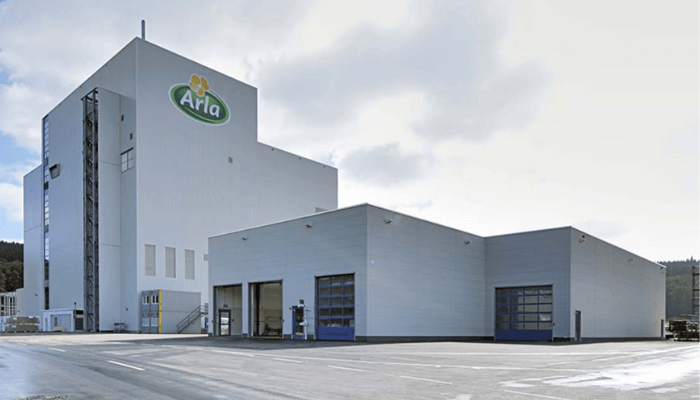Nigeria’s journey toward reducing dependence on imported dairy has found a steady ally in Arla Nigeria, the makers of Dano Milk. As the company marks 10 years of operations in the country, its impact is being felt not just on supermarket shelves but across farms, households, and rural communities.
Since entering the market in 2015, Arla has gone beyond selling trusted brands like Dano and Lurpak by positioning itself as a partner in national development. Through projects such as the Arla-Dano Farm in Damau, Kaduna, the company is laying the foundation for a modern dairy value chain — producing fresh milk locally, training smallholder farmers, and creating jobs across the ecosystem. The farm doubles as a center of knowledge transfer, helping thousands of farmers adopt best practices that raise productivity and improve livelihoods.
This investment comes at a time when the government is seeking to build a self-reliant dairy sector. By collaborating with the Kaduna State Government, the Federal Ministry of Agriculture, and the new Ministry of Livestock Development, Arla is helping design practical models for sustainable milk production in Nigeria.
Arla’s decade in Nigeria also coincides with the 25th anniversary of its parent cooperative, Arla Foods, highlighting a shared legacy of farmer ownership and long-term commitment to communities. For Managing Director Peder Pedersen, the Nigerian journey is not just about business growth but about nation-building. “From day one, we have sought to bring more than dairy products — we want to be part of creating a resilient dairy future for Nigeria,” he noted.
Looking ahead, Arla Nigeria is pledging deeper investments in backward integration, expanded farmer training programs, and stronger partnerships with government and local stakeholders. Its long-term goal is clear: to ensure that the milk Nigerians consume tomorrow is produced by Nigerian farmers today.

